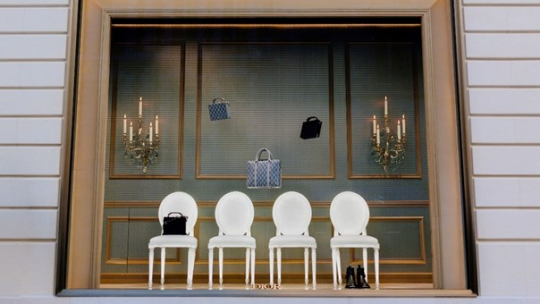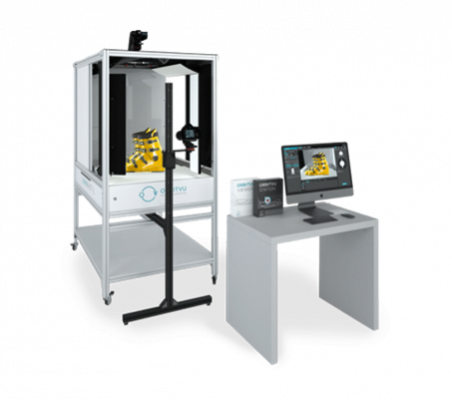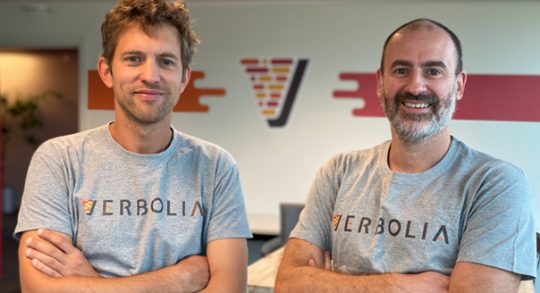
The EU Cross-Border E-Commerce Forum is back in Wallonia on 13 and 14 September 2023. Organised by the Walloon Export and Foreign Investment Agency since 2019, this two-day international event brings together the leading players in cross-border e-commerce. The programme includes conferences, round tables and an awards ceremony, as well as a LAB demonstrating new technologies available to businesses to support online sales, and a live sales studio on Tik-Tok with influencers.
This Wednesday and Thursday at the Ecolys Business Village, do not miss "THE LAB", a demonstration and experience area to discover new trends, tools and technological applications, not only to optimise the commercial performance of companies already active in e-commerce, but also to improve the customer experience of any commercial enterprise, including traditional retailers.
This year's exhibition is divided into two distinct sections:
Part 1: the Tool box
The Tool box is a 60 m2 exhibition space where you can discover, test and interact with the products and services of the following 4 European companies, two from Wallonia and two from France, all leaders in their sector.
- Haptic Media
This French company publishes software specialising in Cloud & 3D solutions for e-tailers who want to create impactful and engaging digital 3D experiences.

- Levita
This Liège-based company offers a unique concept for enhancing your prestige items. A showcase that combines the art of magic and levitation to anchor a memory, a product or a work of art in the minds of your customers.

- Orbitvu
This French technology company offers automated photographic solutions that allow you to create and put online photos and videos of your products in a few seconds. More cost-effective than traditional photography, these tools can also increase the conversion rates of your online shops.

- Verbolia
This Hainaut-based start-up has developed a disruptive approach to web referencing. By offering a technology based on artificial intelligence that automates the manual tasks of creating pages and content that are optimised for Google, Verbolia helps you position yourself at the top of search results.

Part 2: Live-streaming studio
This year, AWEX is teaming up with T-Art, a French company specialising in direct online sales and ranked number one among TSPs (TikTok Shop Partners). T-Art will be organising four live-streaming sales demonstrations on TikTok with a live-streamer and professional technical operators. In addition to these sessions, you too can slip into the shoes of a live-streamer for a real live online session, test the equipment or receive technical advice or even a quick coaching session on how to present your products and services on camera.

Using the promotional code Awex2023, companies can register and benefit from free admission, so don't delay!
Visitors from abroad can also register for company visits on 12 September to Cainiao/Alibaba in Liège and Groupe Noé Nature.
Programme:
- Conferences on major cross-border e-commerce issues presented by international keynote speakers specialising in e-commerce, including Amazon, Google, Alibaba, Carrefour, Shopify, Bpost, DHL, etc.
- Round tables enabling brands and retailers to find out what's on offer and talk directly to marketplaces and solution providers;
- The LAB area;
- An exhibition area where you can meet e-commerce players from various sectors (marketplaces, logistics service providers - digital marketing - online payment - consultancy - brands and retailers - sector associations, etc.);
- An awards ceremony on Wednesday 13 September, followed by a networking reception with a tasting of Walloon specialities.
If you have any questions or require further information, please contact Prescillia Tang, Logistics & e-commerce business developer, +32 472 803 588, p.tang@awex.be
